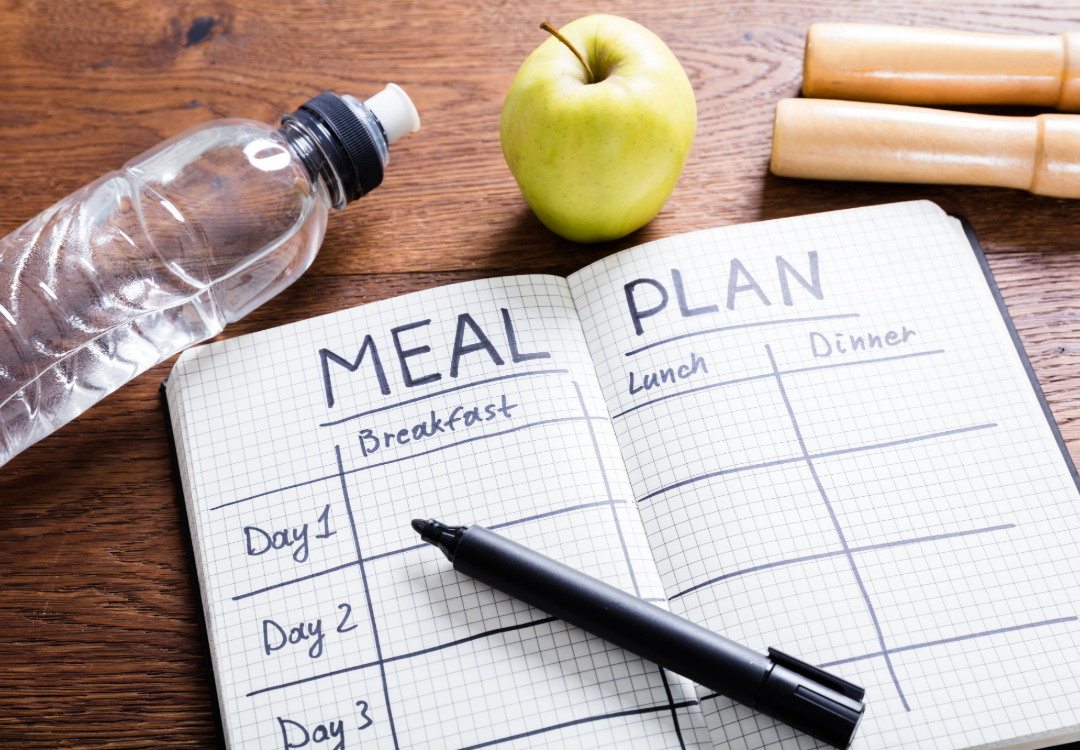
Which is better, eating before or after exercising?
Share
✅ This article discusses:
- The benefits of eating before and after workouts.
- How to plan your meals for optimal timing.
Exercise and nutrition go hand in hand and are essential for maintaining a healthy body.
However, many fitness enthusiasts find themselves confused about whether to eat before working out or to exercise on an empty stomach.
So, when should you eat—before or after your workout?
Eating Before Your Workout
Having enough carbohydrates before you exercise helps your muscles synthesize glycogen, which serves as a key energy source.
This not only reduces muscle damage but also speeds up recovery after your workout, lowering your risk of injury.
It's important to create a balanced meal that includes both carbohydrates and protein. If you exercise with low carbohydrate levels, your body might start using muscle protein for energy, which can lead to muscle loss.
🍽️ Meal Suggestions
Eating 20-30g of carbohydrates and 5-10g of protein 1-2 hours before your workout will provide you with enough energy.
Good carbohydrate sources include brown rice, corn, bananas, and whole grain bread, while lean meats, eggs, and legumes are great protein options.
Additionally, it's best to avoid fats before exercising as they can slow down digestion.
Eating After Your Workout
Research shows that exercising on an empty stomach can burn over 30% more fat compared to working out after a meal. This is because, when blood sugar is low, your body is more likely to use stored fat as energy.
So, working out on an empty stomach can be very effective for weight loss.
However, it's important not to overeat just because you feel hungry after your workout. Right after exercising, your metabolism is heightened, which increases calorie absorption.
🍽️ Meal Suggestions
Aim to eat within the first 30 minutes after your workout (or at least within 2 hours). To avoid overeating, it’s a good idea to start with fruits or vegetables.
To prevent muscle loss, make sure to consume both protein and carbohydrates after exercising for effective recovery. High-quality protein sources, like chicken breast that contains all eight essential amino acids, are particularly important.
It's recommended to consume 0.7-1.2g of carbohydrates per kg of body weight immediately after your workout. Studies suggest that consuming 20-40g of protein can maximize your recovery.
Just be careful not to overdo it on protein, as too much can harm your kidneys.
What’s the Best Meal Timing?
Both pre-workout and post-workout meals have their benefits, so it’s best to choose the timing based on your individual goals and circumstances.
If your goal is to lose fat, a post-workout meal is more suitable. On the other hand, if you want to build muscle, you should eat before exercising.
Also, the type of meal can vary depending on the workout. A light, carbohydrate-rich meal is ideal before cardio, while a protein-focused meal is better after strength training.
💡 Editor’s Tip
Lastly, don’t forget about hydration! Exercising on an empty stomach can lead to dehydration.
Drink 5-7ml of water per kg of body weight 1-2 hours before your workout to stay hydrated, and consider having an amino acid drink after your workout for quicker muscle recovery!
Proper nutrition has a significant impact on your workout performance.
Why not find the meal strategies that work best for you to achieve your fitness goals and maintain a healthy body?
Let me know if you need any more adjustments or have other requests!
